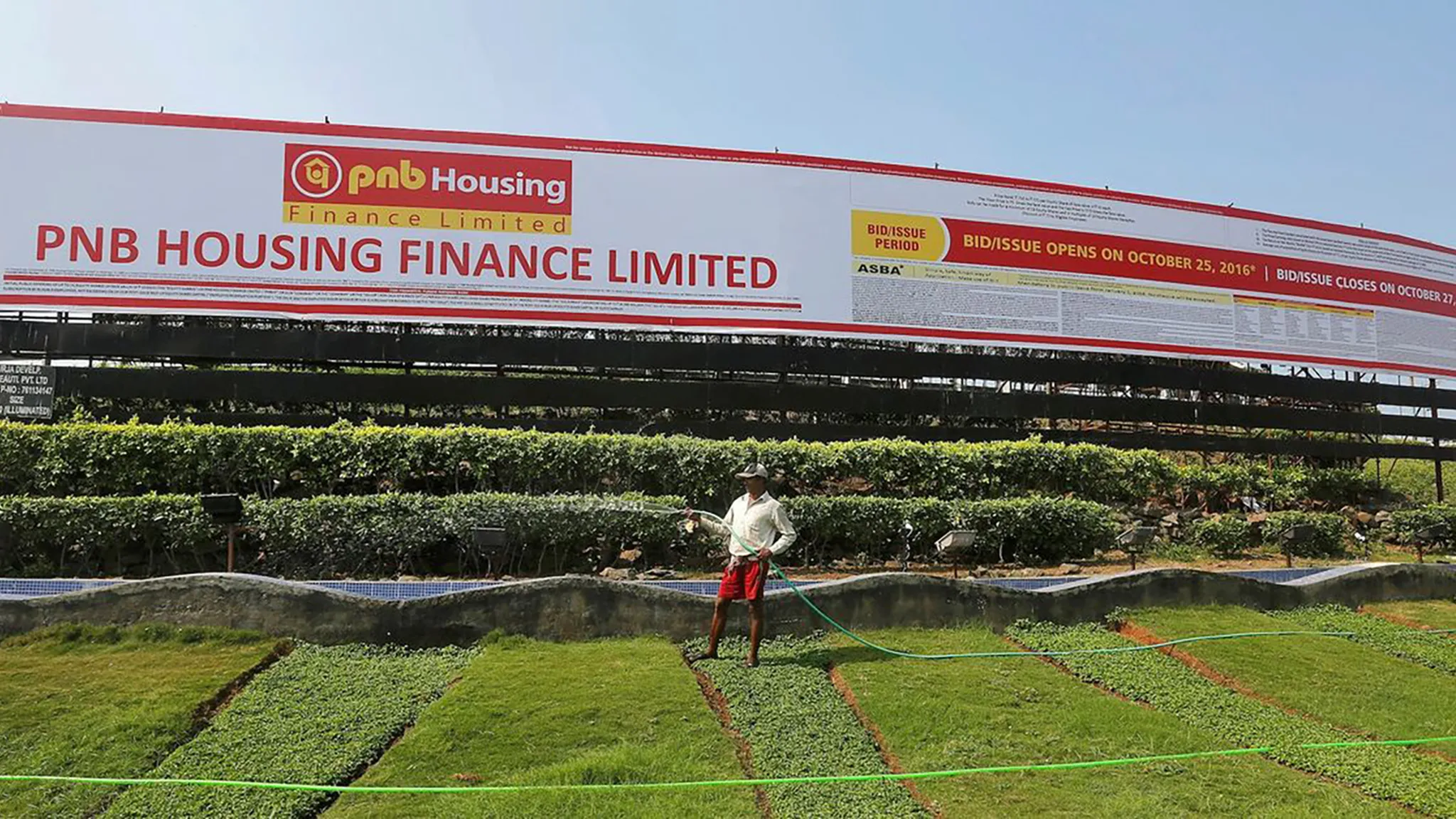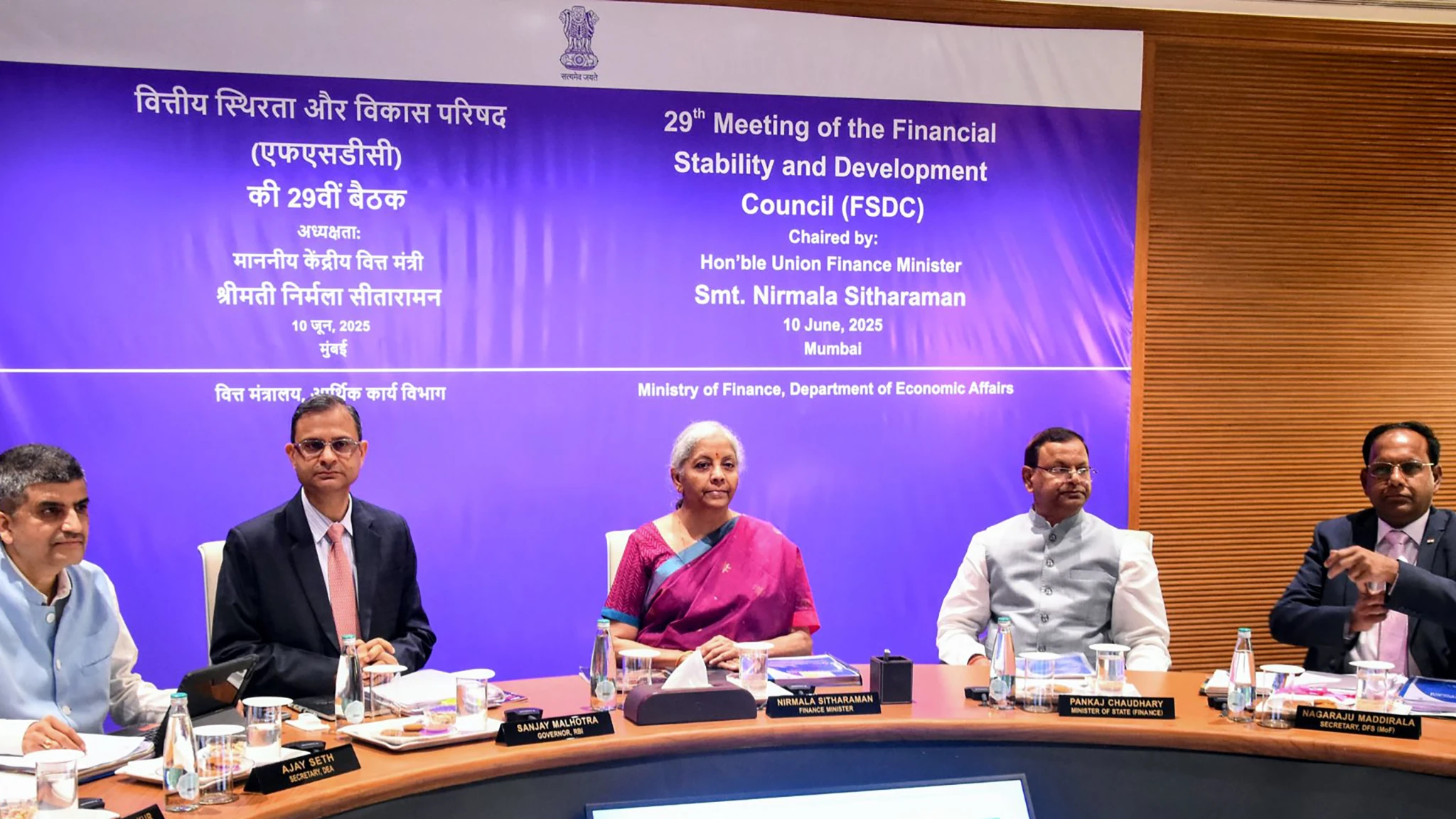Indian markets are showing signs of a revitalised investment cycle, with the power sector leading the charge and significant activity in housing finance. Shares of Power Grid Corp and NTPC surged on Tuesday, buoyed by announcements of increased capital expenditure (capex), signalling a strong push in infrastructure development. Simultaneously, a large block deal in PNB Housing Finance hinted at shifts in investor sentiment and strategic realignments within the financial sector.
Power Sector Ignites Investment Fire
Power Grid and NTPC are at the forefront of this investment drive. Power Grid revealed a substantial increase in their project pipeline, crossing ₹1 lakh crore for the first time in several years. This surge in projects has prompted the company to raise its capex target for the current fiscal year and anticipate heightened asset capitalisation in the coming years. NTPC, not to be outdone, aims to contribute a significant 26,000 MW to India’s ambitious 80,000 MW capacity addition target over the next decade. Their plans include a mix of conventional and renewable energy projects, and even a foray into nuclear power generation, demonstrating a comprehensive approach to meeting India’s growing energy demands.
This renewed vigour in the power sector is not just good news for these giants. It has a ripple effect across the engineering, procurement, and construction (EPC) sector and equipment suppliers. Companies reliant on orders from Power Grid and NTPC are set to benefit from this increased activity, bolstering their business outlook and potentially creating new employment opportunities. Even in the renewable energy space, companies like Suzlon are experiencing record order books, indicating a broad-based investment upswing.
Housing Finance Sees Big Money Moves
Away from power, the financial sector witnessed a notable event with a large block deal in PNB Housing Finance. A substantial 13 per cent equity stake changed hands on the BSE, leading to a temporary dip in the company’s share price. While the exact identities of buyers and sellers remain unconfirmed, speculation points towards Carlyle Group’s Quality Investment Holdings PCC potentially offloading a partial stake. Such large transactions often indicate strategic shifts, investor re-evaluations, or even the entry of new players betting on the future of housing finance in India.
PNB Housing Finance itself reported a healthy 25 per cent year-on-year increase in net profit for the first quarter of FY25, showcasing robust operational performance. Their focus on retail loan growth, particularly in affordable housing, aligns with the broader market trends and government initiatives to boost home ownership. This block deal, coupled with the company’s positive financial outlook, presents an interesting dynamic in the housing finance landscape.
Investment Cycle Gears Up
Both these developments – the capex surge in power and the block deal in housing finance – collectively suggest a strengthening investment cycle in the Indian economy. While projects in power transmission and generation, and even large housing finance portfolios, are known to have long gestation periods, the initial momentum is palpable. Investors should, however, align their expectations with these timelines. Earnings from these new projects may take a few years to fully materialise, as analysts point out regarding Power Grid’s earnings growth despite significant capex plans.
Will this investment momentum sustain? If government policies remain supportive and demand continues to grow, this could indeed be the start of a sustained period of investment-led growth, benefiting various sectors and the overall economy. The key will be to monitor the execution of these ambitious plans and the subsequent impact on corporate earnings over the medium term.
Image Courtesy: X (Reuters Business)










Leave a Reply